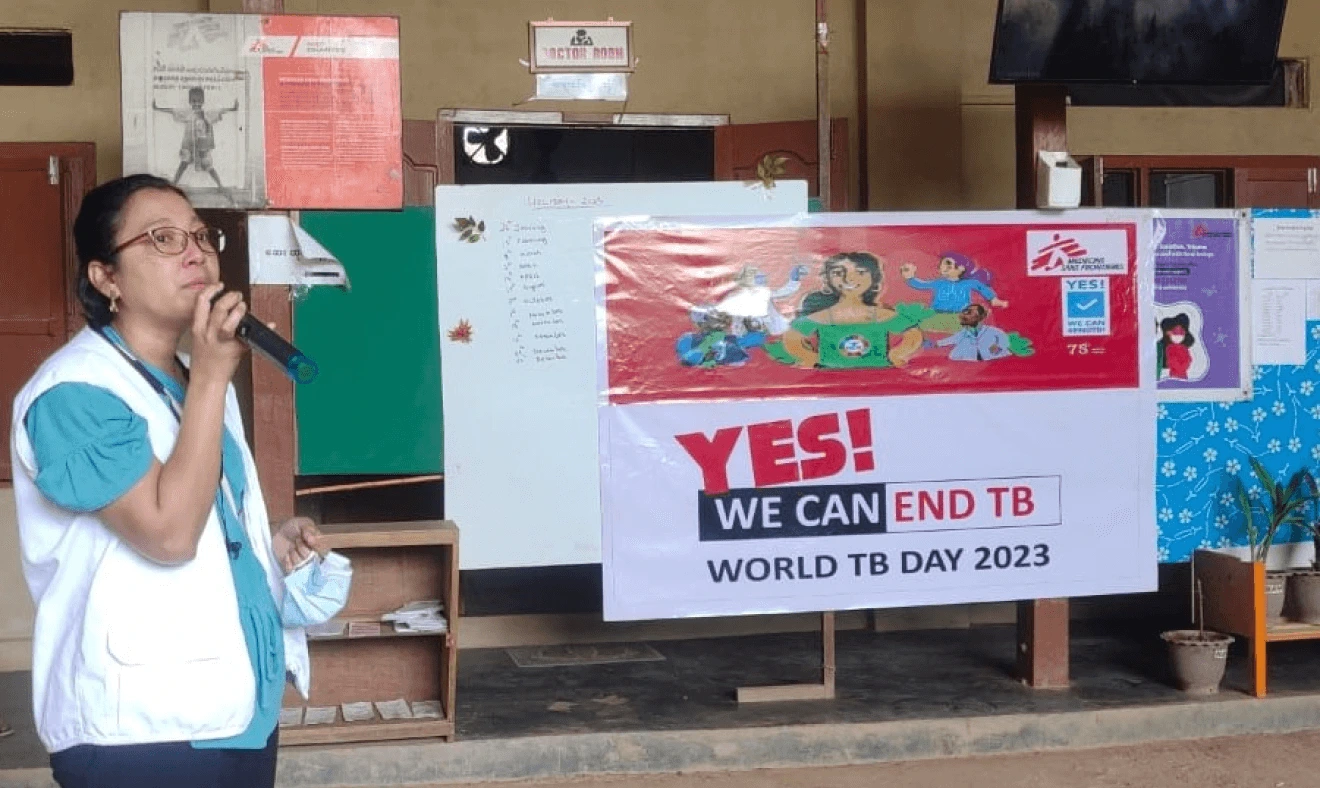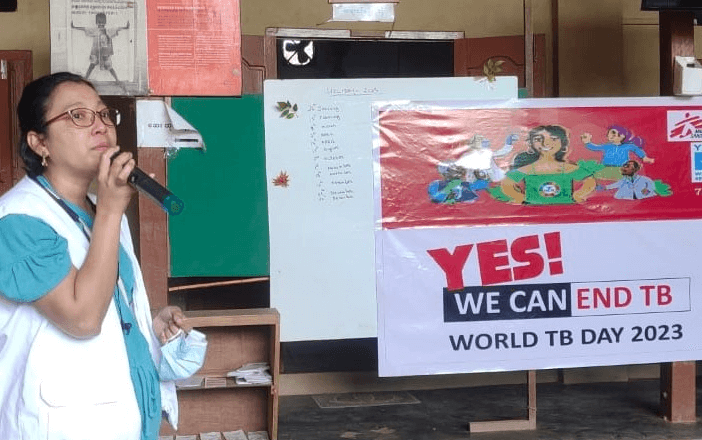In this part of the world, outbreaks are common, often due to people unknowingly consuming counterfeit or homemade alcohol tainted with methanol. Take for example, an incident where 22 people in Southern China were hospitalized after drinking counterfeit whiskey containing methanol at a bar in Heyuan, Guangdong. Victims experienced vomiting, visual impairment, dizziness, and some even slipped into comas, needing intensive care. A similar tragedy struck at a funeral banquet in Luzhou, Sichuan, where stored alcohol-based fuel was mistakenly served as liquor. This led to four deaths and thirteen others requiring hospital treatment for methanol poisoning.
In another tragic incident in Dongguan city, Guangdong province, a two-year old boy died after his parents applied up to 1000ml of industrial alcohol onto his skin to reduce a fever. In this report, Dr. Ma Weike from Shenzhen Children’s Hospital commented, "When [the parents] arrived at the hospital, they did not know it was the alcohol that had caused this; they thought it was the fever that had made the child lose consciousness." The parents who work in a factory, had access to large quantities of denatured alcohol with methanol concentration of at least 95%.
Apart from sporadic cases of accidental poisonings, chronic methanol poisoning from hand sanitizers containing methanol and poisonings from suicide have also been reported in the country. During the COVID-19 pandemic, methanol poisoning gained some attention following an increase in methanol-containing disinfectants, as reported in places like Hong Kong. Despite the severe dangers of such poisonings however, many still fall victim due to a lack of awareness.
Methanol is a widely available alcohol, used as a solvent in inks and dyes, in chemical synthesis and as fuel. It is tasteless, odorless, and easily absorbed through the skin. Because it is cheap and available in large quantities, methanol is often illegally added to alcoholic beverages to increase profit margins, leading to poisonings of unsuspecting victims.
Methanol poisoning is a "big imitator," often misdiagnosed as conditions like asthma, heart problems, sepsis, or diabetic ketoacidosis. Methanol itself is in fact not harmful, but it becomes toxic when the body converts it into a byproduct called formic acid/formate. Without treatment, symptoms can appear in 12 to 24 hours, including breathing difficulties, blurred vision or blindness, chest pain, stomach issues like vomiting or pain, and severe hangover-like effects. Sadly, treatment, particularly effective antidotes like ethanol and fomepizole, is not always available. This is especially true in resource-limited settings where fomepizole is unaffordable due to its high cost.
In response to this growing crisis, the Methanol Poisoning initiative (MPi) was established as a joint venture between Oslo University Hospital (OUH) and MSF to address methanol poisoning as a neglected disease and identify solutions for greater awareness, and better access to diagnostics and treatment. Alongside local partners including MoH and others, the MPi has supported various activities in countries like Indonesia, Cambodia, Bangladesh, the Philippines, Kenya, Libya, and Russia in areas of outbreak response, capacity building, and treatment protocol development amongst others. Currently, MSF Hong Kong is spearheading MPi’s efforts to explore diverse partnership approaches and strategies to tackle the issue.





